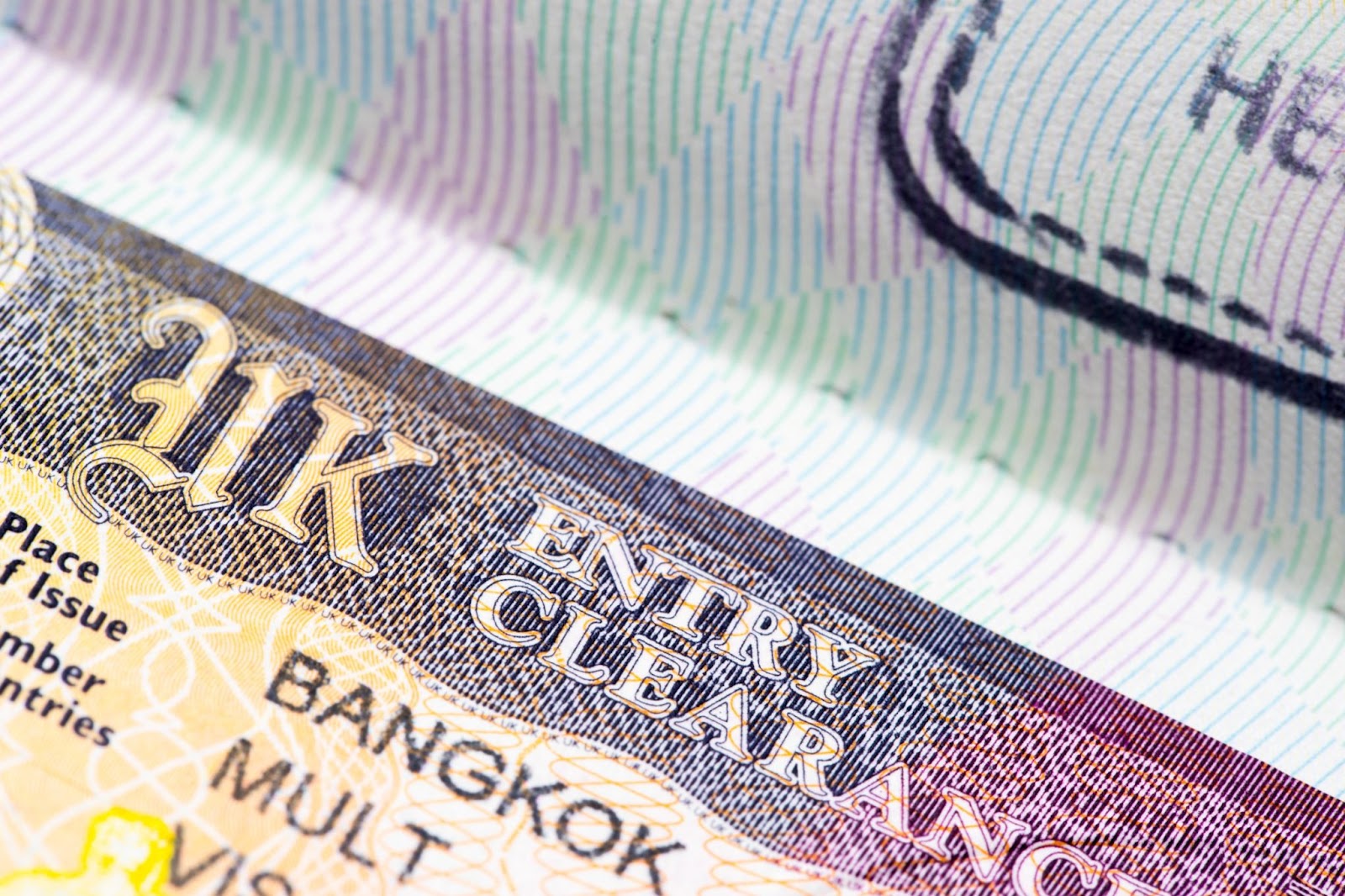The government has put forth a proposal to raise the immigration health surcharge, scheduled to come into effect on January 16, 2024, or 21 days after receiving approval from Parliament, whichever is later. This change will impact individuals and organisations and necessitates careful planning regarding visa applications.

The UK is planning to raise the Immigration Health Surcharge (IHS) in 2024 for the following reasons:
In addition to these reasons, the government has also said that the increase in the IHS is necessary to comply with its manifesto commitment to make sure that migrants pay the full cost of their NHS use.
The government has also published an Equality Impact Assessment (EIA) for the proposed increase in the IHS. The EIA concludes that the increase will have a disproportionate impact on some groups of people, such as low-income migrants and migrants with families.
The increase in the IHS will make it more expensive for migrants to come to the UK and live and work here. This is likely to have a disproportionate impact on low-income migrants and migrants with families.
The increased IHS could have a number of negative impacts on the UK, including:
In addition to the increase in the immigration health surcharge (IHS), the government also increased visa feesfor tourists, students, and foreign workers in October 2023.
Visit visas for stays under six months increased by £15. This means that tourists from outside the UK will now pay £15 more to apply for a visa to visit the UK for a period of up to six months.
Student visas for applicants from outside the UK increased by £127. This means that international students will now pay £127 more to apply for a visa to study in the UK. The government has stated that this increase is necessary to align the cost of student visas with the cost of in-country student visa applications.
Visa fees for foreign workers were not increased in October 2023. However, the government has stated that it is reviewing visa fees for all categories of migrants. It is therefore possible that visa fees for foreign workers will be increased in the future.
The following categories of migrants are eligible for exemptions or reductions from the Immigration Health Surcharge (IHS):
Here are some additional details about the IHS exemptions and reductions for each category of migrant:
What is the Immigration Health Surcharge (IHS) in the UK?
The Immigration Health Surcharge (IHS) is a fee that non-EEA nationals, including students, workers, and family members, must pay as part of their immigration application to access the National Health Service (NHS) in the UK.
Why is the UK planning to hike the Immigration Health Surcharge in 2024?
The government periodically reviews the IHS fee to ensure it adequately covers the cost of healthcare services provided to migrants. An increase is often implemented to align with rising healthcare costs.
When will the increase in the Immigration Health Surcharge take effect in 2024?
The specific effective date for the IHS hike in 2024 should be provided by the government when the increase is formally announced.
How much will the Immigration Health Surcharge be increased by 2024?
The exact amount of the increase in the IHS fee for 2024 will be determined and announced by the government closer to the implementation date.
Who is required to pay the Immigration Health Surcharge?
Non-EEA nationals applying for a visa to live, work, study, or join family members in the UK are typically required to pay the IHS as part of their visa application.
Copyright © 2024 united-kingdom-visa.com